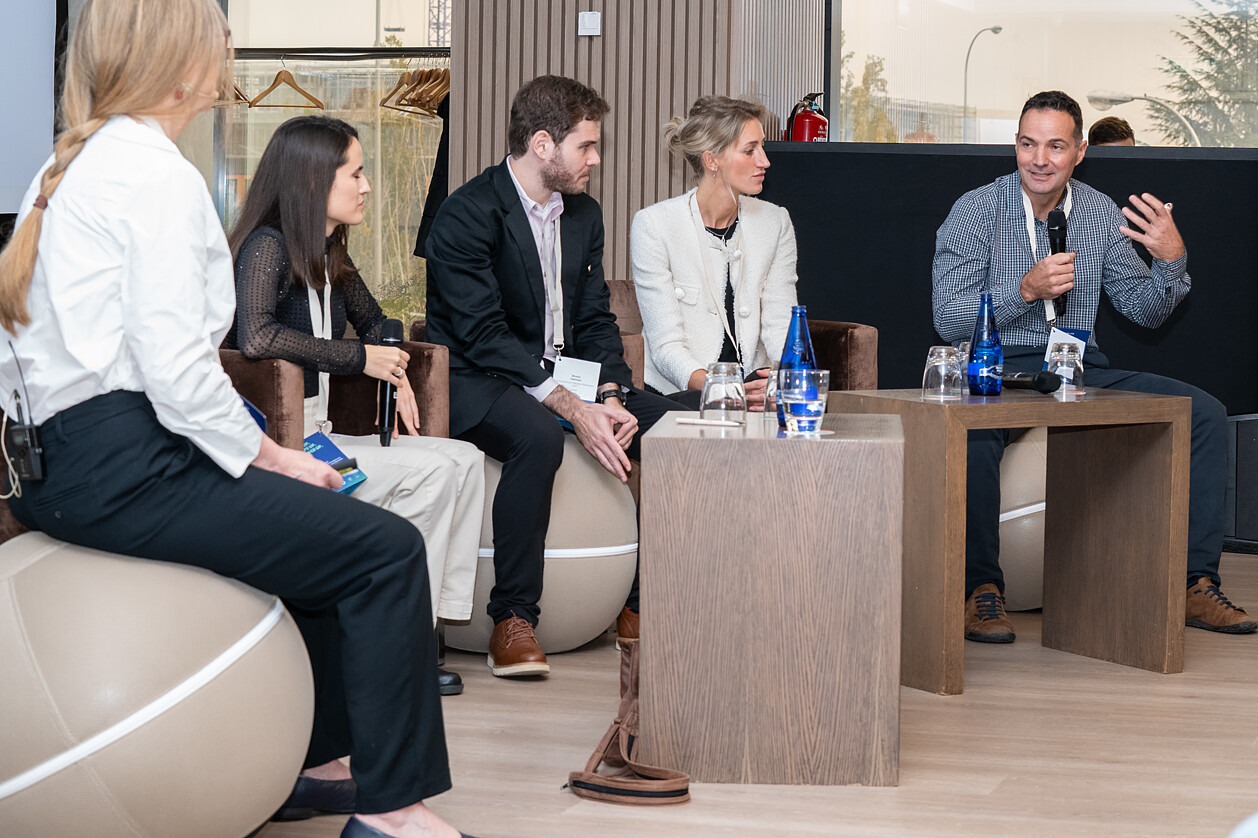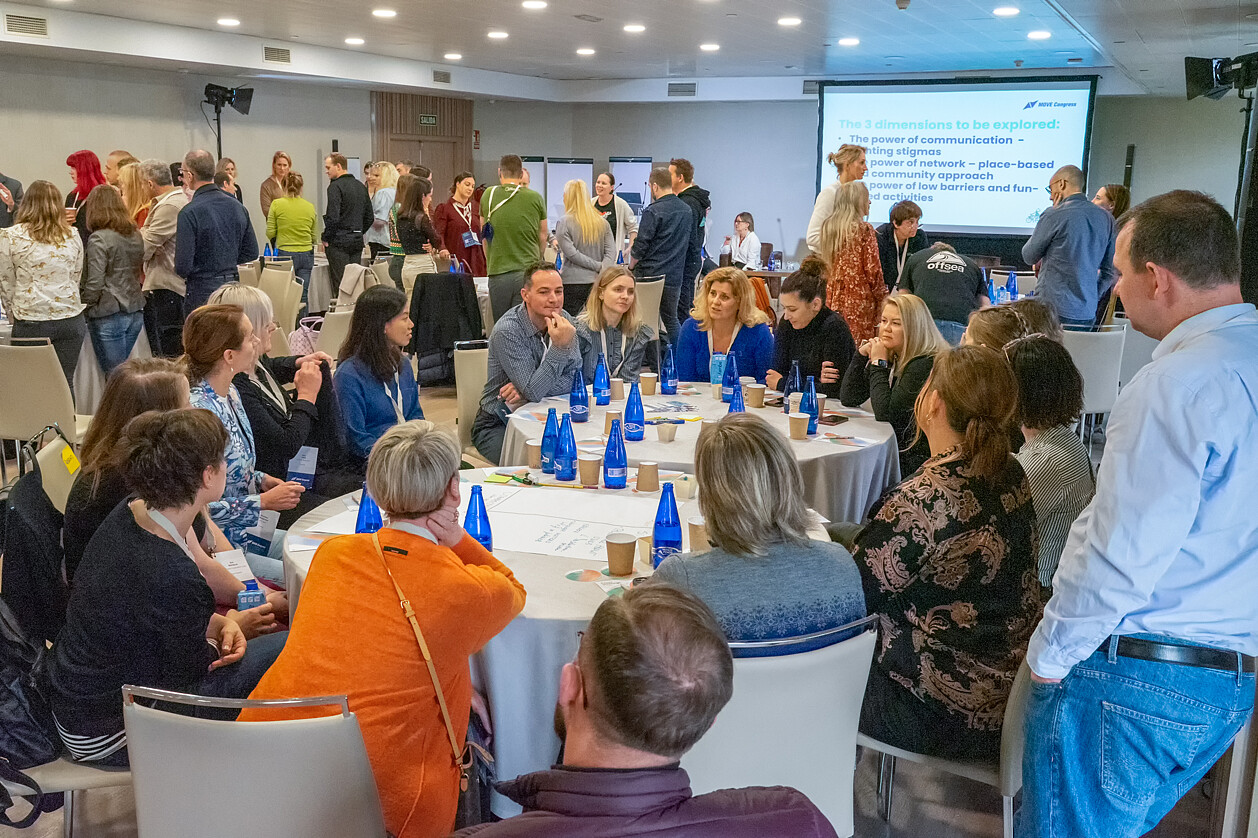
As Gregor Starc from the University of Ljubljana in Slovenia pointed out, “it is true that we are facing an unfair fight with technology. But still, we have to do it for the children.”
The masterclass commenced by acknowledging the clear contrast between being a child today and in the past. The changed environments have influenced children’s behaviour in detrimental ways. As a solution, Gregor suggests to integrate additional physical activity in schools and beyond. His call is to introduce movement wherever and whenever possible, because every move counts.
To encourage children to be physically active in an integrated and inclusive manner, it is essential to create a safe and enjoyable environment free from inequality and discrimination. A place where children can play together and have fun by making movement fun and engaging. This acknowledges that physical activity and sport, when combined with fun, can contribute to a magical lifestyle, similar to putting on a superhero outfit to fight against non-communicable diseases (NCDs).
Laura Lorenzo, Head of Communication and Marketing at the Gasol Foundation in Spain, added that a healthier childhood rests on four pillars: physical activity, healthy eating, sleep, and wellbeing, all wrapped into the motto “Make it healthy and make it fun for the children”.
Regarding NCDs, Bruno Helman, Programme Coordinator at the International Diabetes Federation (IDF) proposed transforming public policies, redefining language surrounding diseases, and reshaping societal perceptions as ways to fight stigma. Stakeholders need to make healthy habits trendy and enjoyable, reshaping public perceptions positively, he said.
An interesting question was asked by one of the attendees on how speakers include children in their initiatives, since they are the main target group. The responses emphasised the need to engage children in suggesting activities, encouraging shared ownership, studying obstacles preventing children from being active, and co-creating activities, programs, and movements with children, prioritising their preferences and empowering them to be active.

A co-creation workshop formed the final segment of the masterclass. The attendees collectively explored the FUNdamentals of a healthy childhood, sharing their challenges, solutions, and commitments. Key challenges included prioritising physical activity, combating unsafe and unhealthy environments with unattractive infrastructure, a lack of resources, and societal, community, and governmental issues.
Participants proposed solutions such as creating safe and active environments, implementing policies for accessible and enjoyable physical activity, adopting a holistic approach to physical activity, promoting a youth-to-youth approach, and making the healthy choice the easiest and most accessible for everyone.
Vesterbrogade 6D
1620 Copenhagen V
Denmark
Copyright © 2024 International Sport and Culture Association. All rights reserved.
GDPR | Site Map
Vesterbrogade 6D
1620 Copenhagen V
Denmark